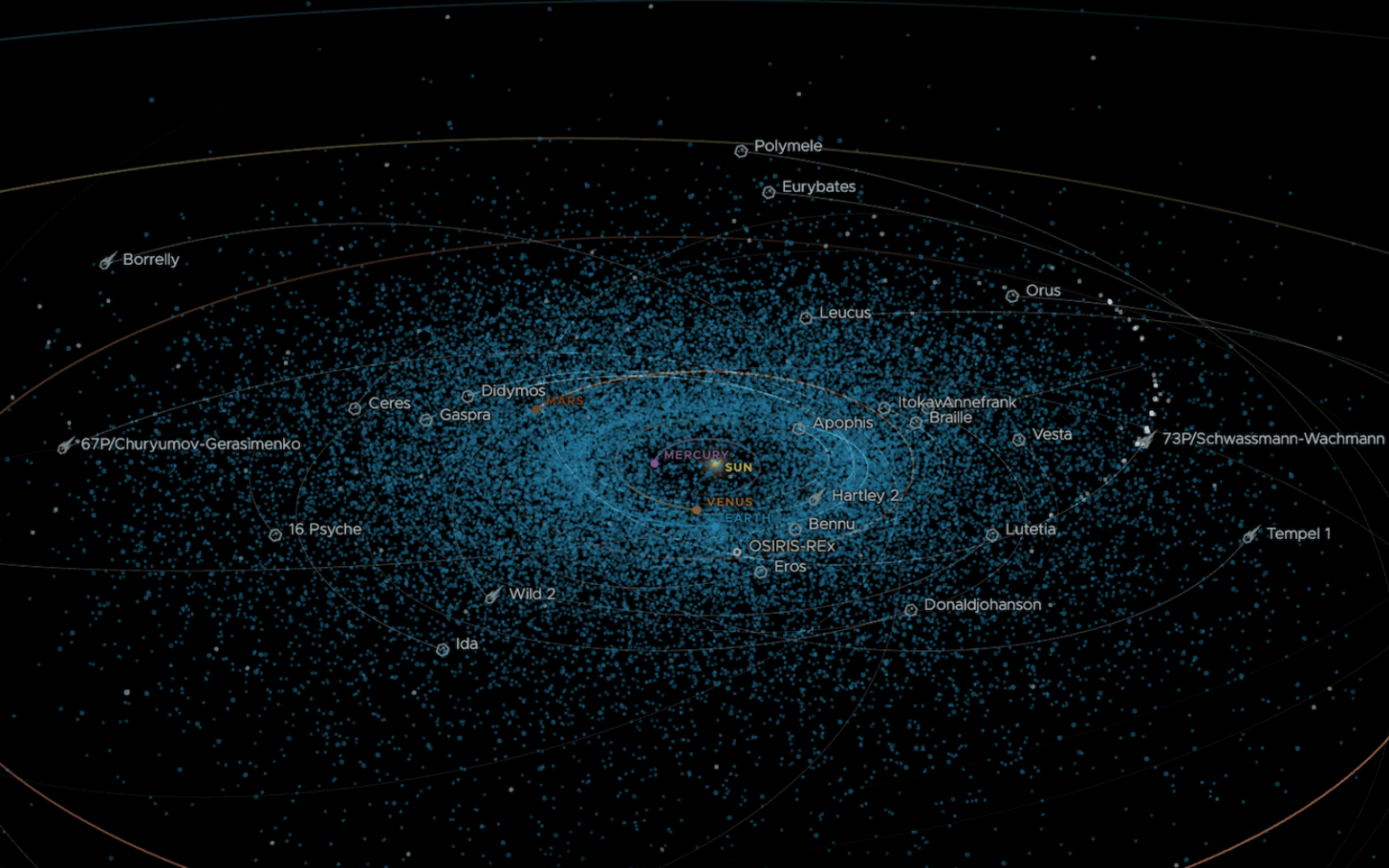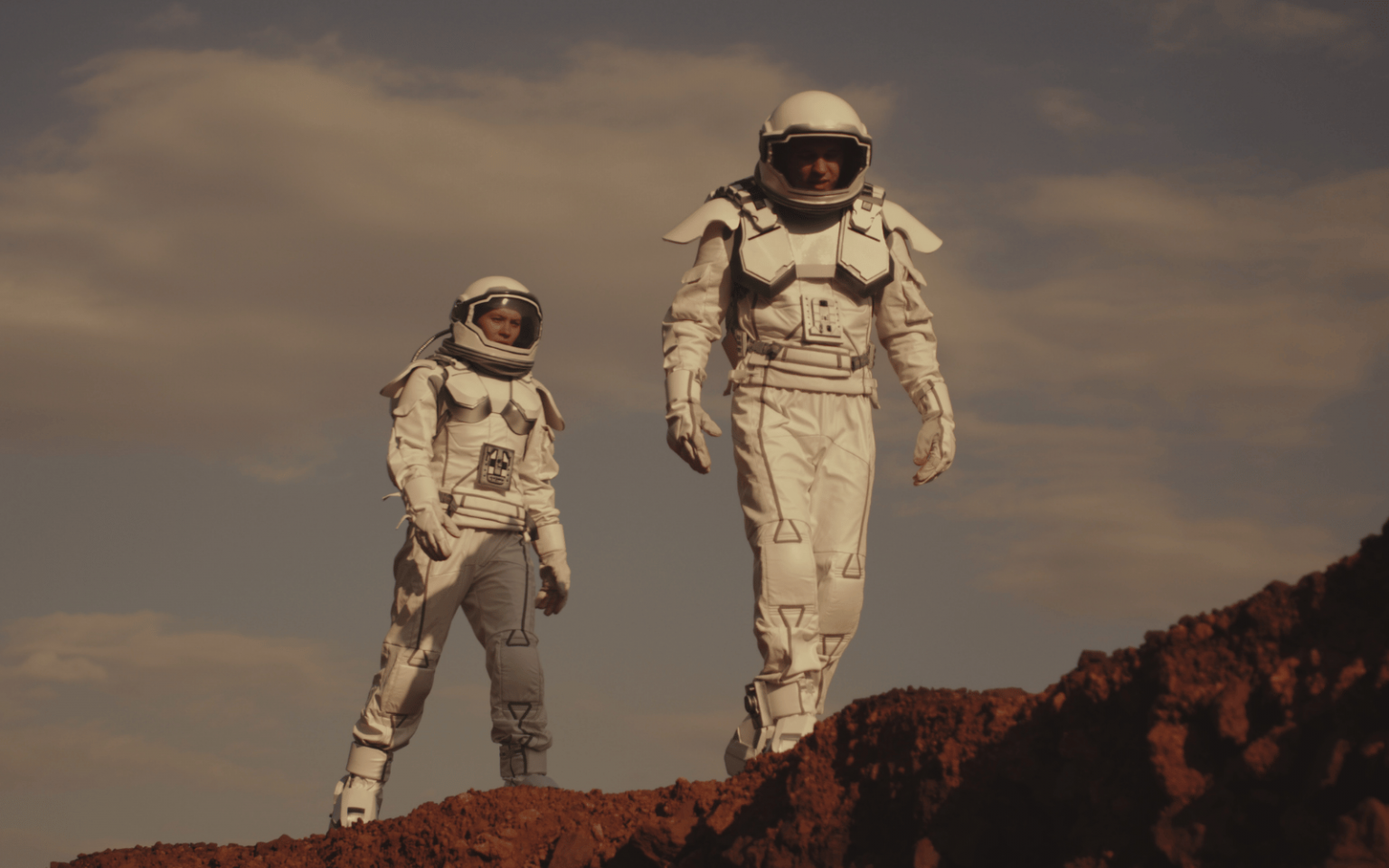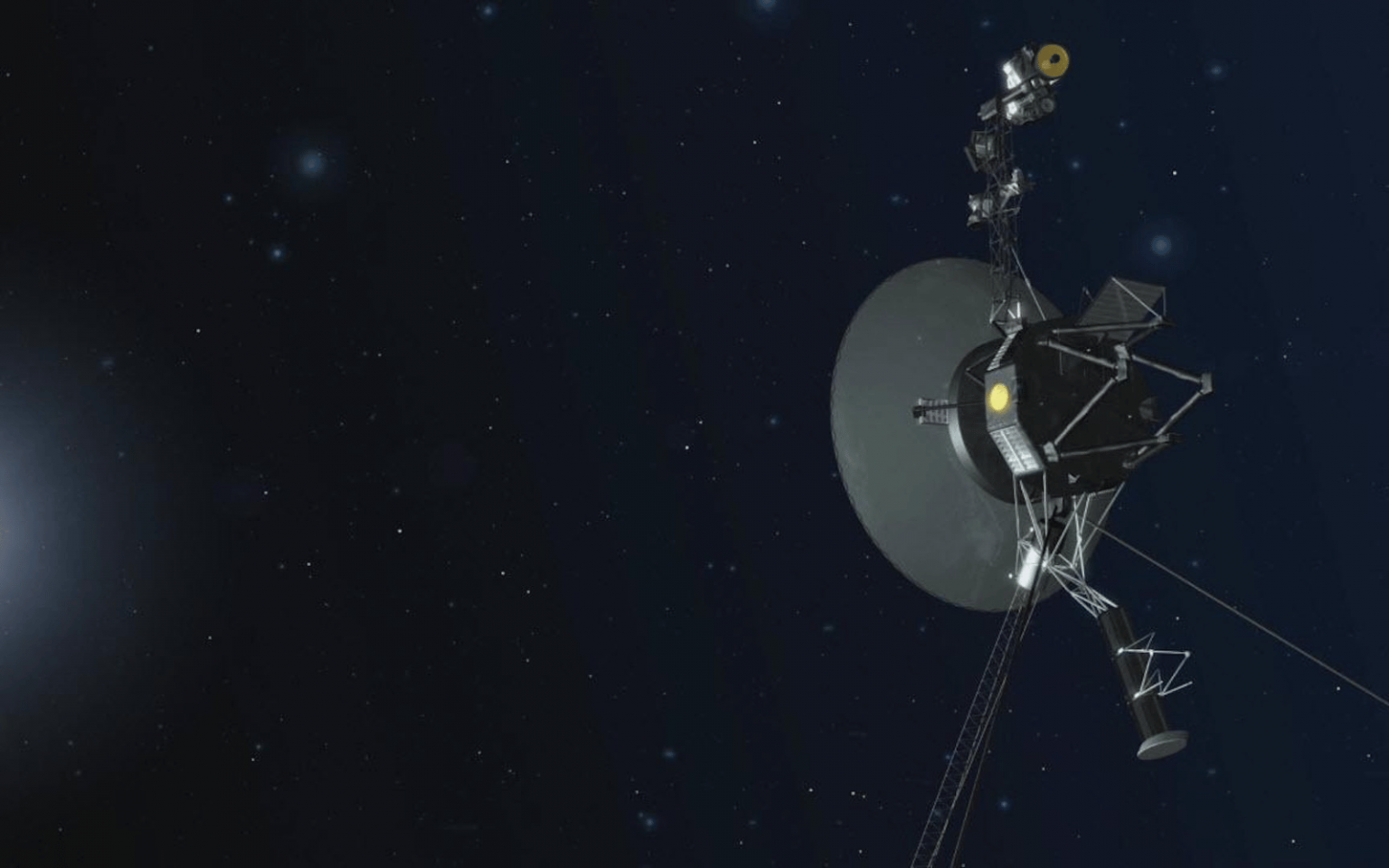The bitter conflict between actors, writers and other creative professionals and the major movie and TV studios represents a flashpoint in the radical transformation roiling the entertainment industry. The ongoing strikes by the Writers Guild of America and the Screen Actors Guild were sparked in part by artificial intelligence and its use in the movie industry. Both actors and writers fear that the major studios, including Amazon/MGM, Apple, Disney/ABC/Fox, NBCUniversal, Netflix, Paramount/CBS, Sony, Warner Bros. and HBO, will use generative AI to exploit them. Generative AI is a form of artificial intelligence that learns from text and images to automatically produce new written and visual…
Author: The Conversation
We live at a time when universities and colleges are facing multiplying crises, pressures and changes. From the COVID-19 pandemic and budgetary pressures to generative artificial intelligence (AI) and climate catastrophe, the future of higher education seems murky and fragmented — even gloomy. Student mental health is in crisis. University faculty in our own research from the early days of the pandemic told us that they were “juggling with a blindfold on.” Since that time, we’ve also heard many echo the sentiment of feeling they’re “constantly drowning,” something recounted by researchers writing about a sense of precarity in universities in New…
Asteroids are chunks of rock left over from the formation of our Solar System. Approximately half a billion asteroids with sizes greater than four metres in diameter orbit the Sun, travelling through our Solar System at speeds up to about 30 kilometres per second – about the same speed as Earth. Asteroids are certainly good at capturing the public imagination. This follows many Hollywood movies imagining the destruction they could cause if a big one hits Earth. Almost every week we see online headlines describing asteroids the size of a “bus”, “truck”, “vending machine”, “half the size of a giraffe”, or indeed a whole giraffe.…
In the Netflix documentary “The Tinder Swindler,” victims exposed notorious con artist Simon Leviev, who posed as a wealthy diamond mogul on the popular dating app Tinder to deceive and scam numerous women out of millions of dollars. Leviev is a flashy example of a dating scammer, but criminal operations also prey on emotionally vulnerable people to gain their trust and exploit them financially. The internet has revolutionized dating, and there has been a surge in U.S. adults using apps to find ideal matches post-pandemic. While these apps offer convenience for connecting with romantic partners, they also open the door to online romance…
Several African countries are pursuing digital transformation ambitions – applying new technologies to enhance the development of society. But concerns exist over the absence of appropriate policies across the continent to create a resilient and secure cyber environment. Nnenna Ifeanyi-Ajufo, a technology law expert, explains the current cyber governance situation in Africa. What is cyber governance and why is it so important? Cyber governance is an important aspect of the international cybersecurity strategy for preventing and mitigating cyber threats. It features oversight processes, decision-making hierarchies and international cooperation. It also includes systems for accountability and responsible state behaviour in cyberspace. In…
There’s no question that sending human beings to space is an extraordinarily difficult and perilous proposition. Since human space exploration began just over 60 years ago, 20 people have died – 14 in the NASA space shuttle tragedies of 1986 and 2003, three cosmonauts during the 1971 Soyuz 11 mission, and three astronauts in the Apollo 1 launch pad fire in 1967. Given how complicated human spaceflight is, it’s actually remarkable how few people have lost their lives so far. But NASA plans to send a crew to the Moon in 2025 and astronauts to Mars in the next decade. Commercial spaceflight is becoming routine. As space travel becomes…
The word swarm often carries negative connotations – think biblical plagues of locusts or high streets full of last-minute shoppers during the Christmas rush. However, swarming is essential for the survival of many animal collectives. And now research into swarming has the potential to change things for humans too. Bees swarm to make their search for new colonies more effective. Flocks of starlings use dazzling murmurations to evade and confuse predators. These are just two examples from nature but swarming can be seen in almost every corner of the animal kingdom. Research from mathematicians, biologists and social scientists is helping us understand swarming…
Is social media designed to reward people for acting badly? The answer is clearly yes, given that the reward structure on social media platforms relies on popularity, as indicated by the number of responses – likes and comments – a post receives from other users. Black-box algorithms then further amplify the spread of posts that have attracted attention. Sharing widely read content, by itself, isn’t a problem. But it becomes a problem when attention-getting, controversial content is prioritized by design. Given the design of social media sites, users form habits to automatically share the most engaging information regardless of its accuracy and potential harm. Offensive statements, attacks on out…
The release of the advanced chatbot ChatGPT in 2022 got everyone talking about artificial intelligence (AI). Its sophisticated capabilities amplified concerns about AI becoming so advanced that soon we would not be able to control it. This even led some experts and industry leaders to warn that the technology could lead to human extinction. Other commentators, though, were not convinced. Noam Chomsky, a professor of linguistics, dismissed ChatGPT as “hi-tech plagiarism”. For years, I was relaxed about the prospect of AI’s impact on human existence and our environment. That’s because I always thought of it as a guide or adviser to humans. But the…
In 1977, five years before ET asked to “phone home”, two robotic spacecraft began their own journey into space. Almost 46 years later, after exploring the Solar System and beyond, one of those spacecraft – Voyager 2 – has lost contact with Earth. All communication with Voyager 2 goes through NASA’s Deep Space Station 43, a 70-metre radio dish at the Canberra Deep Space Communication Complex operated by CSIRO. Contact was lost more than a week ago. After intense efforts at NASA and here in Canberra, we have detected a faint “heartbeat” signal from the craft – and we’re confident of re-establishing…










